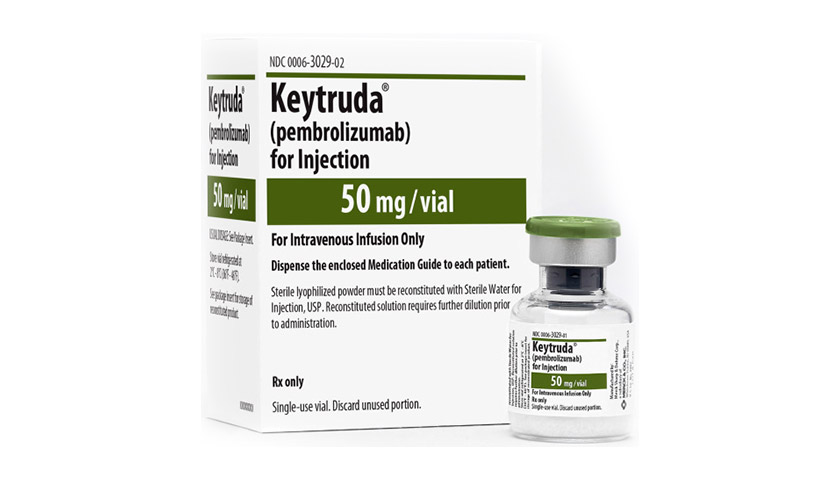Ex-Merck & Co scientist accused of stealing trade secrets could face jail

A former Merck & Co scientist could face up to 10 years in prison after he was accused of stealing trade secrets relating to drugs including the cancer immunotherapy Keytruda by US authorities.
In a document outlining the charges against Shafat Quadri, of North Potomac, Maryland the US Department of Justice (DoJ) referred only to “one of the largest pharmaceutical companies in the world” based in New Jersey.
But supporting information refers to data from cancer drug Keytruda (pembrolizumab) and Quadri’s Linkedin profile shows he worked at New Jersey-based Merck & Co around the time of the incidents before taking a role at AstraZeneca.
Quadri, formerly Merck's head of medical and scientific affairs, immune oncology, has been charged with one count of theft of trade secrets and one count of unauthorised transmission of trade secrets, some relating to the multi-billion dollar cancer immunotherapy Keytruda (pembrolizumab).
According to the DoJ, the company contacted the FBI in October 2019 to report suspicious activity by Quadri, who had been employed there since 2015 as director of medical and scientific affairs, immune oncology.
The company said an internal investigation found Quadri had copied and removed thousands of files containing proprietary information before he left in September 2019,
This included research protocols, data and strategic plans, using unauthorised USB devices and personal email accounts to transfer the information that he had access to as part of his job.
Some documents were copied and removed and the trade secrets were also sent to an email address controlled by his “subsequent employer” and one of Merck’s competitors, according to the document.
Quadri was not authorised to keep the documents, the DoJ noted, and the investigation showed the company regularly monitors its employees’ use of company-provided technology and systems.
The count of theft of trade secrets charge carries a maximum potential penalty of up to 10 years in prison and a fine of up to $250,000, or twice the gross pecuniary gain or loss.












